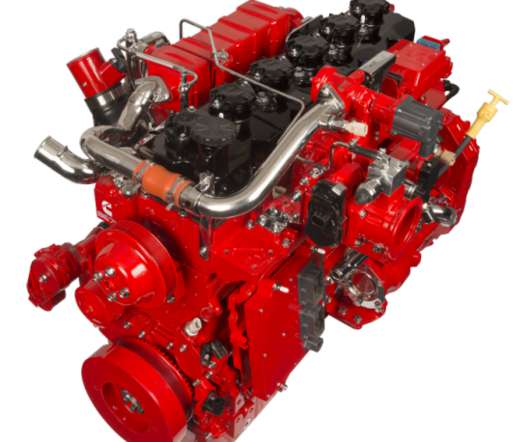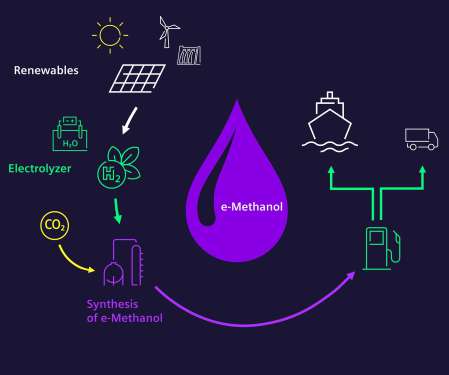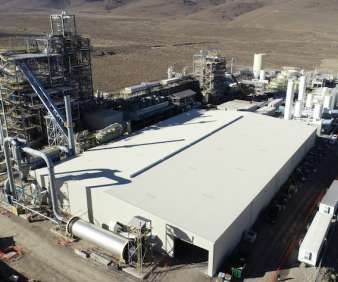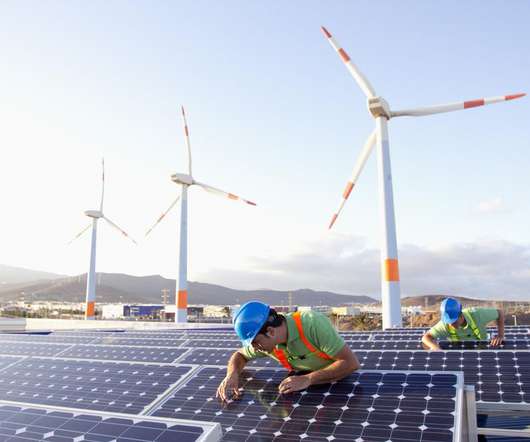Harvard team demonstrates new metal-free organic–inorganic aqueous flow battery; potential breakthrough for low-cost grid-scale storage
Green Car Congress
JANUARY 11, 2014
Researchers at Harvard have demonstrated a metal-free organic–inorganic aqueous flow battery—a quinone–bromide flow battery (QBFB)—as an example of a class of energy storage materials that exploits the favorable chemical and electrochemical properties of a family of molecules known as quinones.








































Let's personalize your content